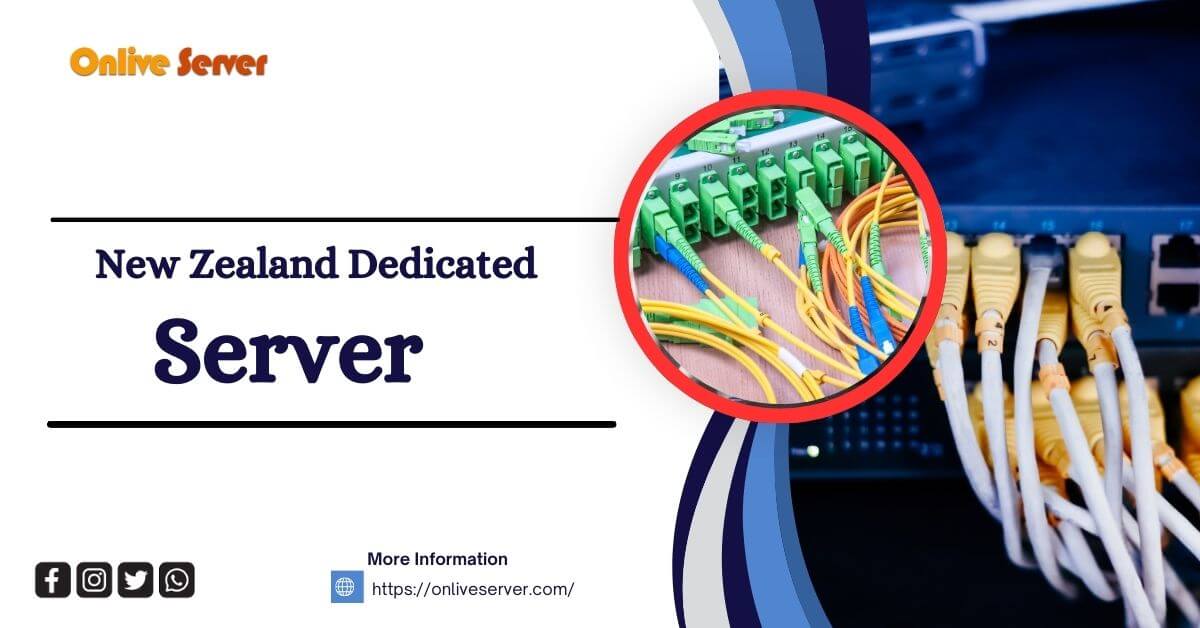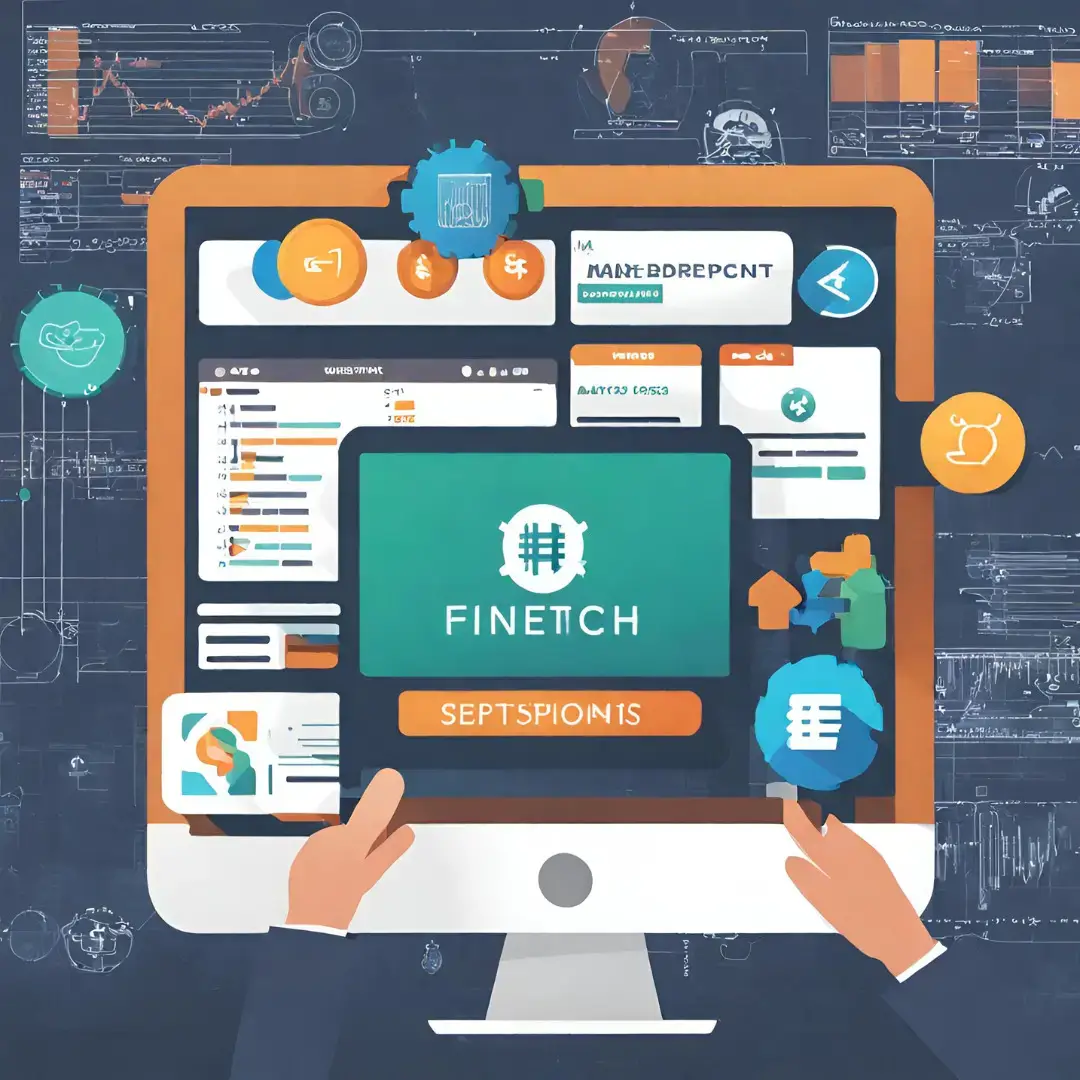In the ever-evolving landscape of technology, blockchain Services has emerged as a transformative force with the potential to revolutionize various industries. One sector that stands to benefit significantly from blockchain’s innovative capabilities is the automotive industry. The integration of blockchain technology has the power to streamline processes, enhance security, and foster transparency across the automotive supply chain and beyond. In this blog, we will explore the ways in which blockchain could reshape the automotive sector and pave the way for a more efficient and secure future.
Supply Chain Transparency:
Blockchain’s distributed ledger technology offers unparalleled transparency, making it an ideal solution for the complex supply chains of the automotive industry. From the manufacturing of components to the assembly of vehicles, blockchain can provide an immutable record of every step in the production process.
Enhanced Vehicle Identity and History:
Blockchain can be leveraged to create a secure and tamper-proof digital identity for vehicles. Each vehicle’s history, including maintenance records, ownership changes, and accident reports, can be stored on the blockchain. This ensures that potential buyers have access to a comprehensive and accurate history, reducing the likelihood of fraud and providing a higher level of trust in the used car market. Additionally, this can be especially beneficial in tracking recalls and improving overall safety standards.
Smart Contracts for Automotive Transactions:
Smart contracts, self-executing contracts with the terms of the agreement directly written into code, can streamline and automate various processes in the automotive sector. From purchasing a vehicle to handling insurance claims, smart contracts can facilitate transparent and secure transactions,
Tokenization of Assets:
Blockchain enables the tokenization of physical assets, allowing for the representation of real-world assets as digital tokens on a blockchain. In the automotive sector, this could mean tokenizing vehicles or even individual components. This has the potential to revolutionize ownership models, enabling fractional ownership of high-value assets.
Efficient Supply Chain Management:
The automotive supply chain involves numerous stakeholders, including manufacturers, suppliers, and distributors. Blockchain can optimize supply chain management by providing a decentralized and secure platform for real-time tracking of parts and components. This can result in reduced lead times, lower costs, and improved overall efficiency, benefitting both manufacturers and consumers.
How could the blockchain revolutionize the automotive sector?
The blockchain has the potential to revolutionize the automotive sector in several ways, bringing about increased efficiency, transparency, and security. Here are some key ways in which blockchain could transform the automotive industry:
Supply Chain Management:
- Transparency and Traceability: Blockchain’s decentralized and transparent ledger can be used to create an immutable record of every step in the automotive supply chain.
- Authentication of Parts: With blockchain, each part can be assigned a unique identifier that is recorded on the blockchain. This helps in verifying the authenticity of components, preventing the use of counterfeit or substandard parts in vehicle manufacturing.
Vehicle Identity and History:
- Used Car Market: The transparency provided by blockchain can significantly impact the used car market. Potential buyers can access the complete history of a vehicle, making more informed decisions and reducing the risk of fraud.
Smart Contracts for Transactions:
- Tokenization of Assets:
- Fractional Ownership: Blockchain enables the tokenization of physical assets, allowing for the representation of vehicles or vehicle components as digital tokens. This opens up possibilities for fractional ownership, where multiple individuals can invest in or own specific parts of a vehicle. This could lead to new business models and investment opportunities within the automotive industry.
- Efficient Supply Chain Financing:
- Streamlined Payments: Blockchain facilitates faster and more transparent financial transactions. In the automotive supply chain, this can lead to streamlined payments between manufacturers, suppliers, and distributors, reducing delays and optimizing cash flow.
- Enhanced Cybersecurity:
- Securing Connected Vehicles: As vehicles become more connected, the threat of cyber attacks increases. Blockchain’s cryptographic principles can enhance the cybersecurity of connected vehicles by providing a secure and decentralized system that is resistant to hacking.
- Regulatory Compliance:
- Streamlining Compliance: Blockchain can assist in ensuring regulatory compliance by maintaining a transparent and auditable record of transactions. This can be particularly useful in managing complex regulatory requirements in the automotive industry.
- Automated and Transparent Transactions: Smart contracts, self-executing contracts with predefined rules, can automate various processes in the automotive sector. This includes vehicle purchases, insurance claims, and lease agreements. Smart contracts not only reduce the need for intermediaries but also ensure that transactions are executed transparently and securely.
Conclusion:
In conclusion, the integration of blockchain development company in usa technology has the potential to bring about a fundamental transformation in the automotive sector.
As blockchain technology continues to mature, its impact on the automotive sector is becoming increasingly evident. From enhancing supply chain transparency to revolutionizing transaction processes, the potential benefits are vast.










